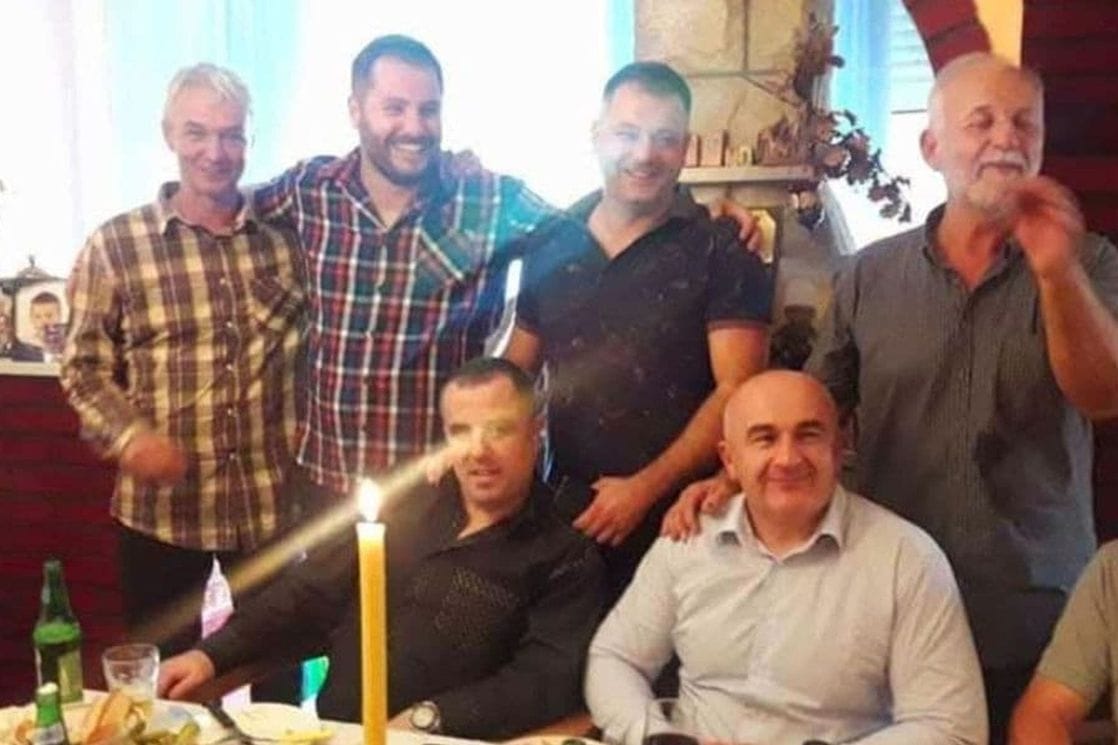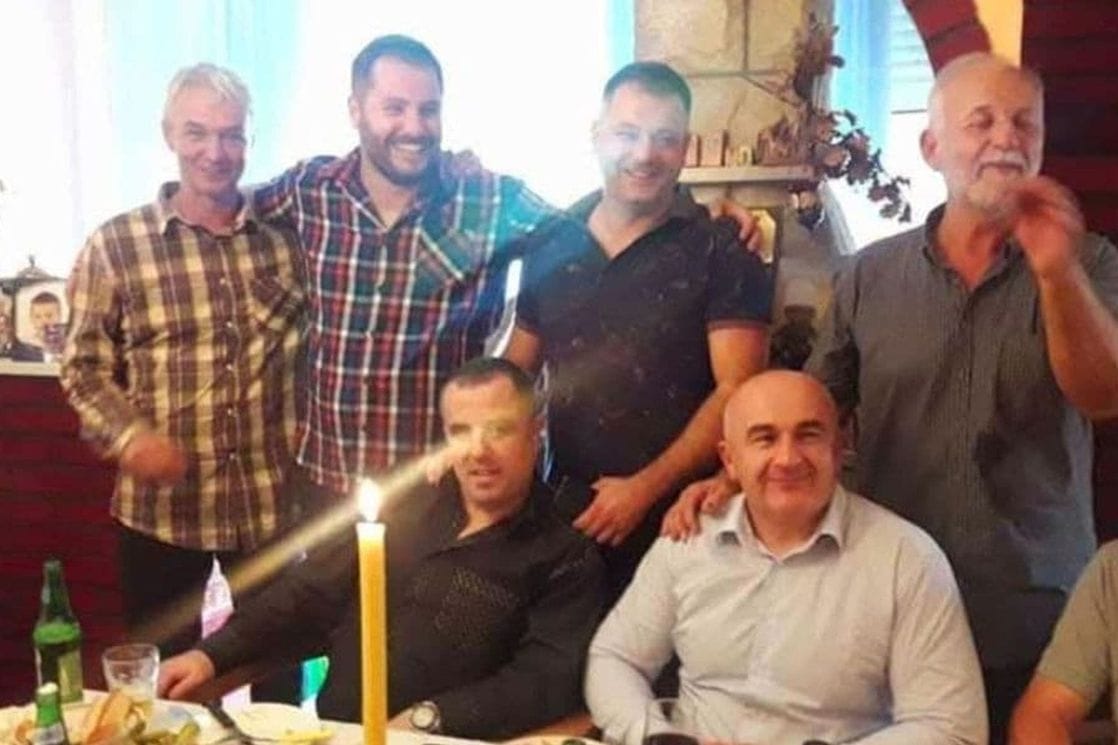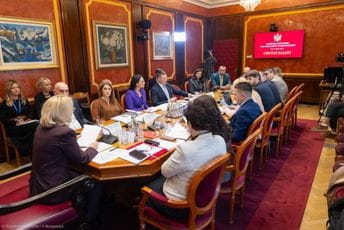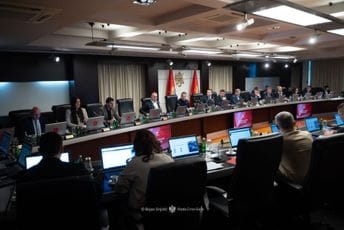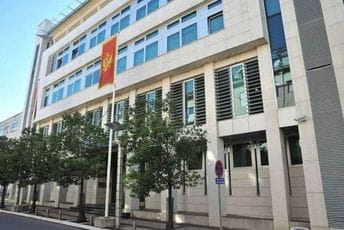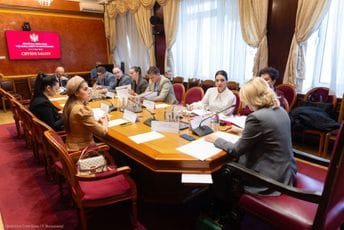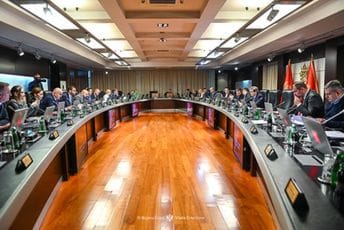Radisav Rašo Nikić, a member of the main committee of SNP, has sharply criticized the party leader Vladimir Joković, accusing him of poor leadership and poor election results. Nikić claims that Joković’s associates tried to marginalize critics and used an unofficial Facebook page to justify the party’s problems. He emphasizes that the administrator of this page received funds from SNP while writing critical posts about Joković, and that many party members and supporters backed this page. Nikić calls on Joković to take political responsibility and resign due to poor parliamentary election results and SNP’s support falling below the threshold. He also criticizes Joković for personnel decisions and dismantling local party boards. The incident at the last main committee meeting, which involved tensions and attempts of physical confrontation, is attributed by Nikić to a group of individuals gathered around Joković for personal interests. He believes that after the congress, the party will have a better and more certain future.
Political Perspectives:
Left: Left-leaning sources emphasize the internal party democracy issues within SNP, highlighting the criticism of Joković’s leadership as a symptom of broader struggles for transparency and accountability. They focus on the grassroots support for the critical Facebook page and the call for political responsibility and reform within the party.
Center: Centrist sources report the conflict factually, presenting the statements of Radisav Rašo Nikić and the context of the party’s poor election results. They highlight the political responsibility debate and the internal tensions without taking a strong stance, focusing on the implications for SNP’s future.
Right: Right-leaning sources tend to emphasize the failures of Vladimir Joković’s leadership, portraying the internal conflicts as a consequence of his inability to maintain party unity and electoral success. They may frame the criticism as justified and stress the need for leadership change to restore the party’s position.





